Ning Xia Night Market
Ningxia Night Market is one of the few night markets in Taipei that concentrates vendors in the middle of the road. It is located on the section from Minsheng West Road in Taipei to Nanjing West Road. It is about 400 meters long and brings together many traditional Taiwanese snacks. Ningxia night market diet is dominated by traditional Taiwanese snacks, including oyster fry, oyster noodles, Tainan bowl dumplings, pork liver soup, Guoyu soup, Lu meat rice and so on. In addition, there are mainland delicacies such as Shandong red meat steamed dumplings, Shanghai fried pork bags, Mongolia roast meat and so on.
Ningxia Night Market is located in Taipei Minsheng West Road to Nanjing West Road, about 400 meters long, gathering many traditional Taiwanese snacks, fully showing the ancient flavor of Dadaocheng. Ningxia Night Market is one of the few night markets in Taipei that concentrates vendors in the middle of the road. Walking in a pedestrian hiking area, there are mouth-watering delicacies on both sides of the street. How to start is a thorny question. Ningxia night market diet is dominated by traditional Taiwanese snacks, including oyster fry, oyster noodles, Tainan bowl dumplings, pork liver soup, Guoyu soup, Lu meat rice and so on. In addition, Shandong red meat steamed dumplings, Shanghai fried buns, Mongolian barbecue and other mainland delicacies are also found here.
There are many stalls on the other side of the night market selling new and interesting groceries and toys.
Taipei Ningxia Road is located in the northwest of Taipei City. After its restoration, it was named Ningxia, the northwest province of the mainland. Ningxia Road is an extension of the circle built during the Japanese rule period. It belongs to the Dadaocheng business circle. Dadaocheng, Takashi and (Taipei) are also known as the three streets of Taipei. The bustling commercial activities can be imagined.
In the early days of Taipei, the round-ring night market was the best food market in the world. Ningxia night market rose because of its proximity to the circle. The circle did not lag behind, and many vendors turned to Ningxia night market to sell it. It was famous for its authentic traditional food. It was rich in food, delicious and affordable, and attracted many old gourmet and tourists.
Since last year, Ningxia Night Market Tourist Association has promoted the activities of "Ningxia table-making is strong and rolling", "Eight-Power Coalition Army-Ningxia table-making is changing new clothes". It has won high praise by combining Taiwan's unique table-making culture with flavor snacks. In May this year, the "Ningxia Millennium Banquet" was launched again, playing 20 50-year-old brand gold-lettered signboards, with old friends and new friends to share together, eating delicious Ningxia once.
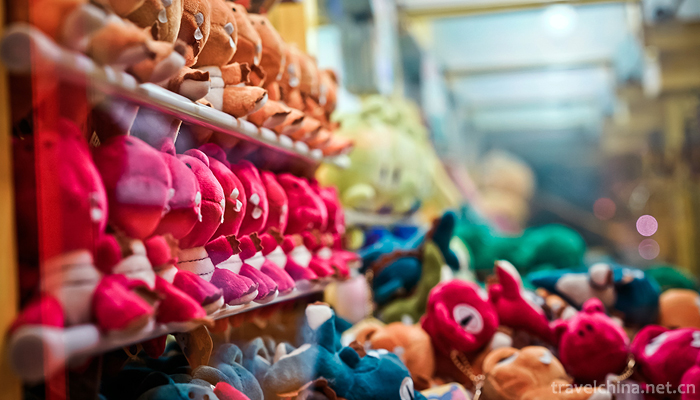
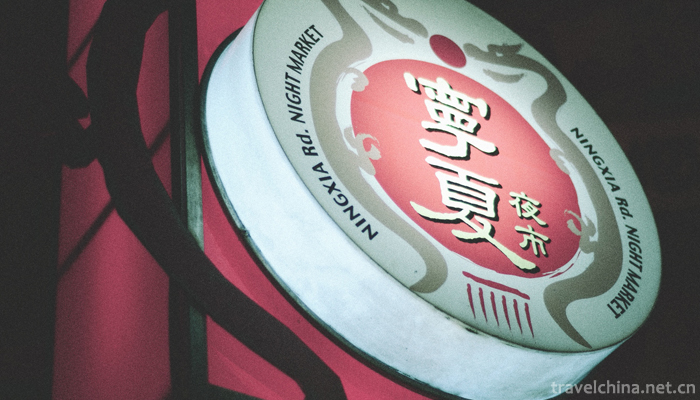
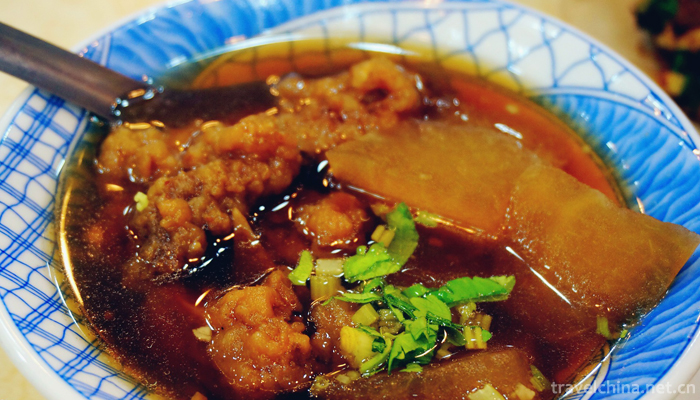
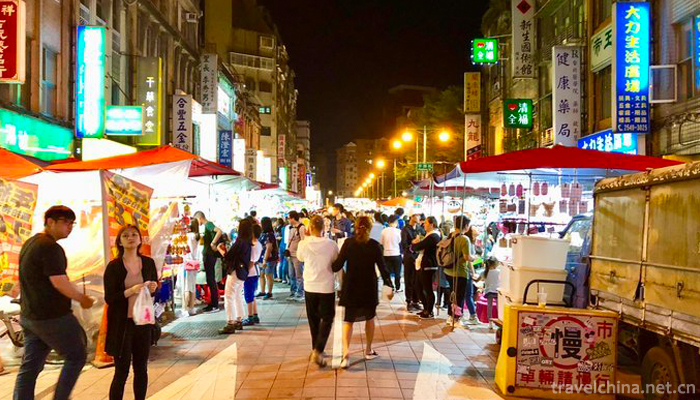
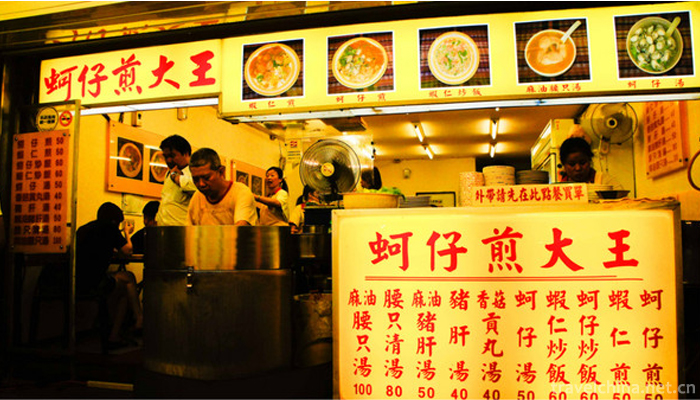
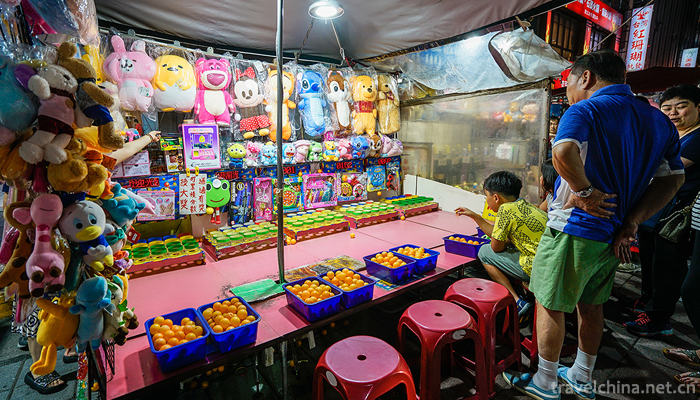
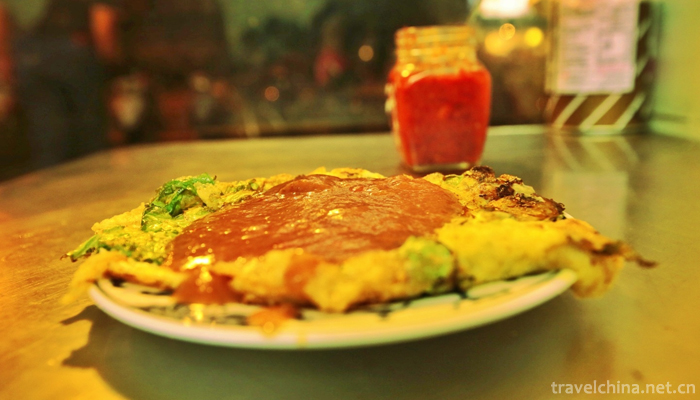
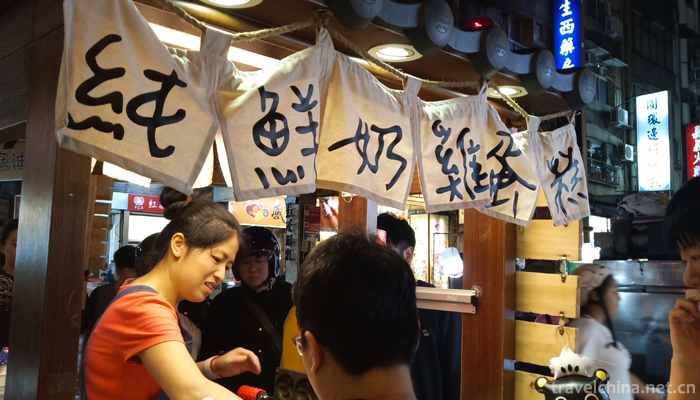
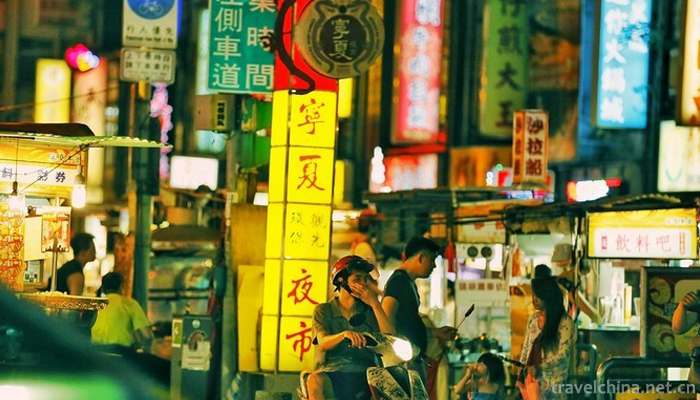
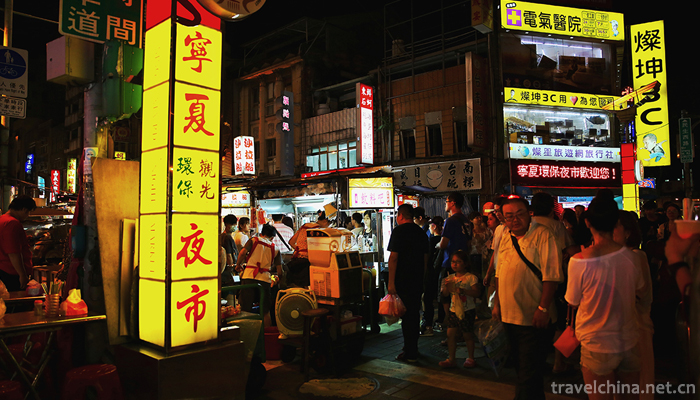
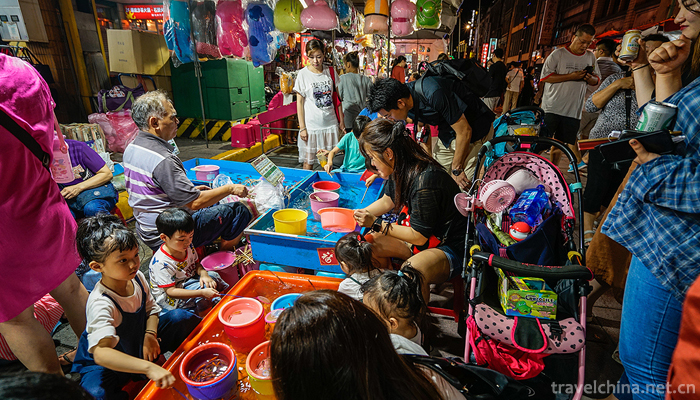
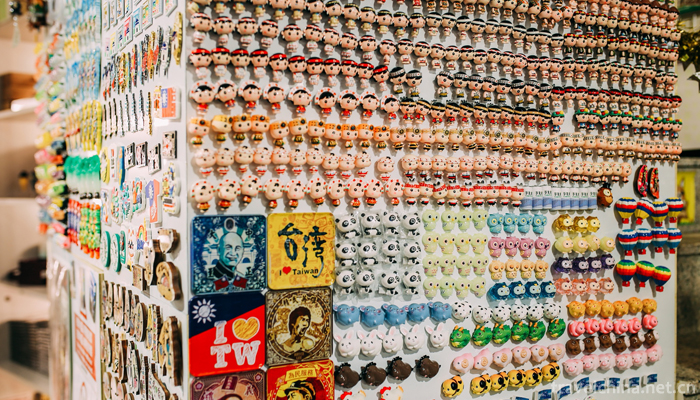
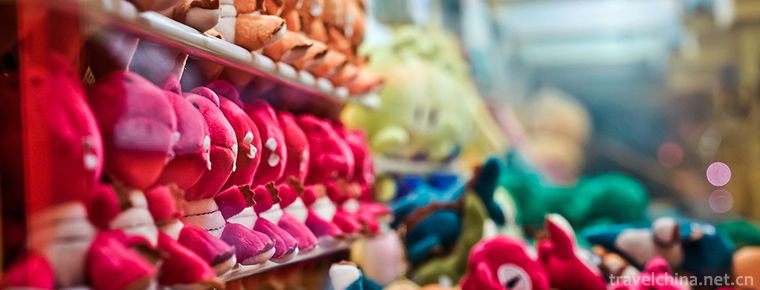
-
1.Thousand Islet Lake Qiandaohu Scenic Area
Qiandaohu Scenic Area, also known as Xin'anjiang Reservoir, is located in Chun'an County, Hangzhou City, Zhejiang Province.
Time 2018-12-07 -
2.JiuMenKou Great WallTime 2018-12-22
-
3.Hanguguan Historical and Cultural Tourist Area
Hangguguan Historic and Cultural Tourist Area is a national AAAA-level scenic spot built by Lingbao Municipal Committee and Municipal Government with an investment of 589 million yuan.
Time 2018-12-26 -
4.Gui Yuan Temple
Guiyuan Chan Temple is located in Guiyuan Temple Road, Hanyang District, Wuhan City, Hubei Province. It was built by Master Baiguang in the fifteenth year of Shunzhi Qing Dynasty (1658 A.D.). Covering
Time 2019-01-13 -
5.Haikou Arcade Street
The old arcade street in Haikou is one of the most distinctive Street landscapes in Haikou. Four of the oldest buildings were built in the Southern Song Dynasty
Time 2019-02-07 -
6.Xiaolangdi Dam
Xiaolangdi, the Yellow River Xiaolangdi, is located in the Yellow River Xiaolangdi Scenic Area at the junction of Luoyang City and Jiyuan City, Henan Province.
Time 2019-02-25 -
7.High bar technology
High-pole boat acrobatics is a traditional folk acrobatics project which simulates silkworm babies'silk spinning as cocoon action performed at the sacrificial ceremony of Silkworm God in Zhejiang Prov
Time 2019-04-30 -
8.Beijing opera Peking Opera
Peking Opera, once known as Peking Opera, is one of the five major Chinese operas. The setting lays stress on freehand brushwork. The tone is mainly Xipi and Erhuang
Time 2019-05-07 -
9.Construction Techniques of Luling Traditional Dwellings
The traditional wooden structure construction technique is an ancient traditional handicraft of the Han nationality. The traditional architecture of the Han nationality is a building system with woode
Time 2019-05-15 -
10.Yongxin Drum
Yongxin Xiaogu is one of the traditional operas in Ji'an City, Jiangxi Province, which originated from Taoism. Legend has it that it was formed in Yongxin, Jiangxi Province during the reign of Qingdao
Time 2019-07-14 -
11.Gongmu mountain
Gongmu mountain is located 5 kilometers southwest of Yanyuan County, Liangshan Yi Autonomous Prefecture, Sichuan Province. It is named after the stone on the mountain because it looks like two male and female genitals.
Time 2020-10-16 -
12.Location of Meishan
Meishan is located in the southwest of Chengdu Plain and the middle reaches of Minjiang River in Sichuan Basin. It spans 29 ° 24 ′ - 30 ° 16 ′ N and 102 ° 49 ′ - 104 ° 30 ′ e. it is 150 km long from east to west and 72 km wide from south to north. It connects Chengdu,
Time 2020-12-18